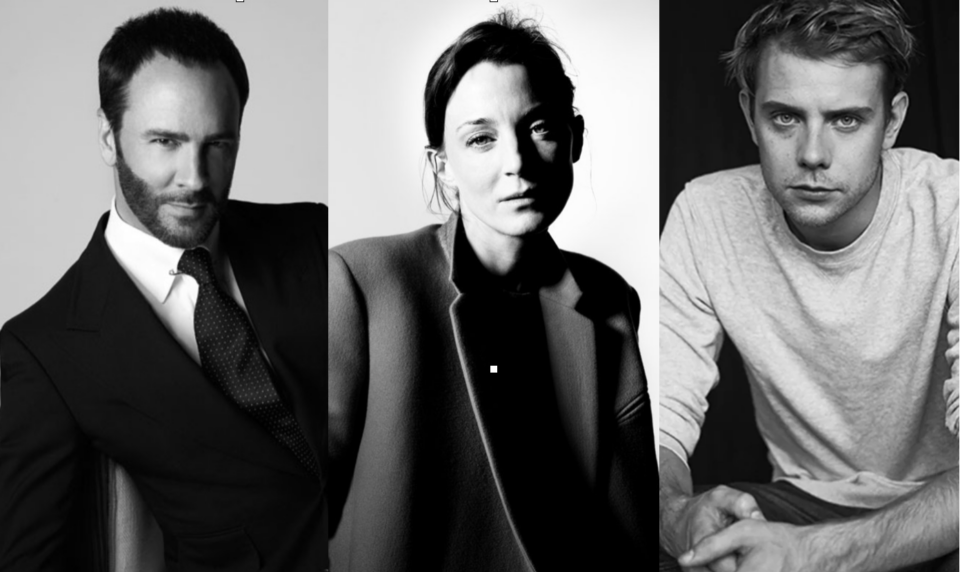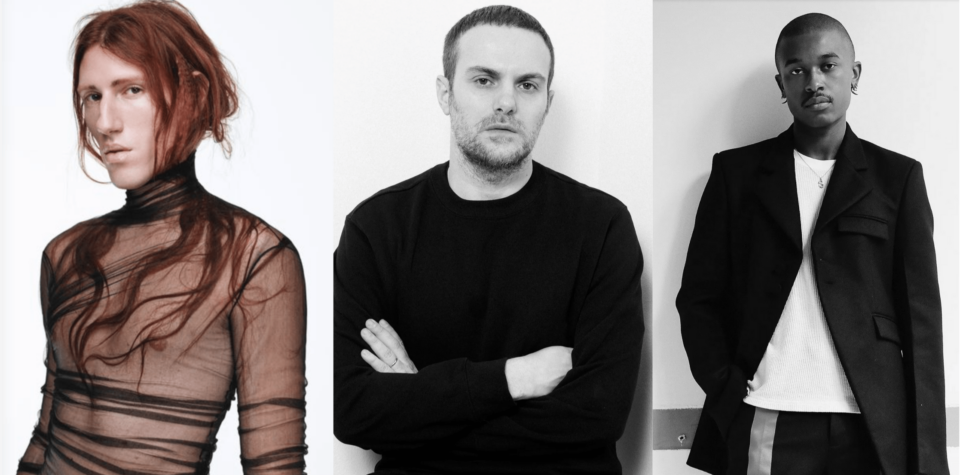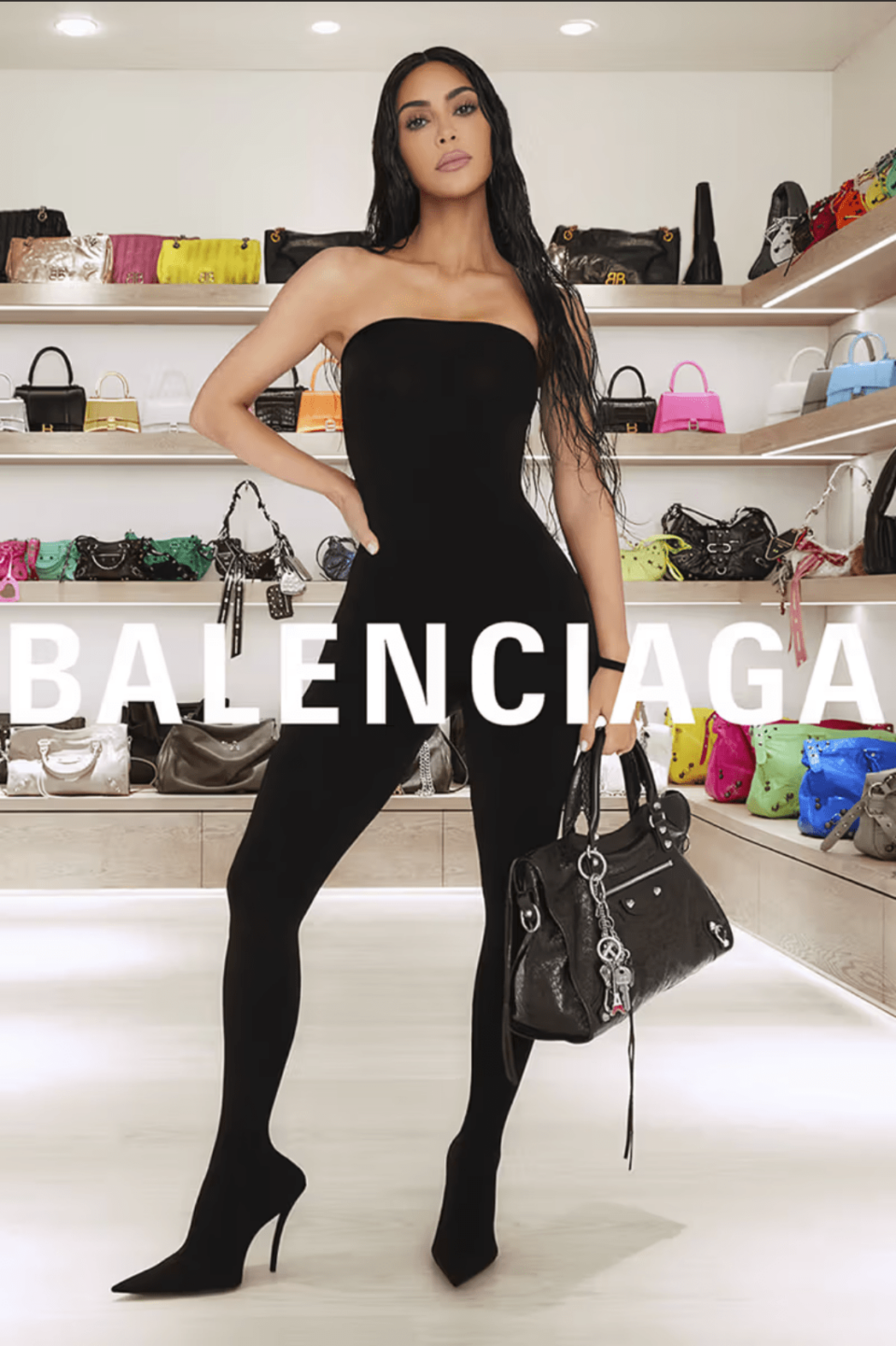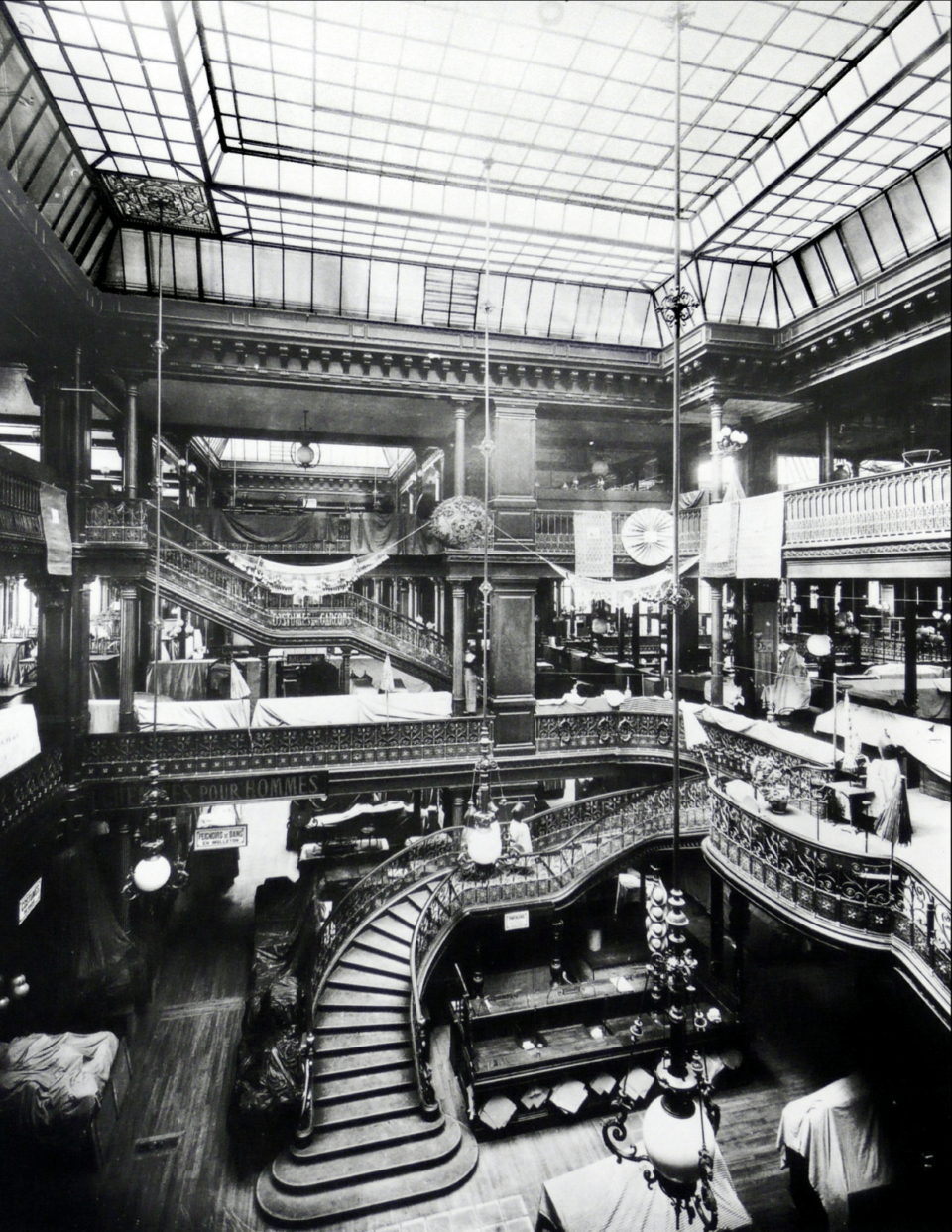Op-Ed: Is the Era of Primacy of the Brand Over the Designer Coming to an End?
In 2004 Gucci was flying high. Tom Ford, its designer, and Domenico De Sole, its CEO, were on top of the world, having turned around a flailing brand in the mid-90s and making it one of the hottest tickets in the world of luxury fashion. The pair seemed untouchable; after fighting off a takeover attempt by Bernard Arnault, the founder of LVMH, and having found its perfect white knight in François-Henri Pinault, they formed a rival conglomerate. Who in their right mind would fire them? Pinault did, sending a very clear message across the industry that was in the throes of corporatization – no designer was as important as the brand, even the one who brought it back from the brink.










